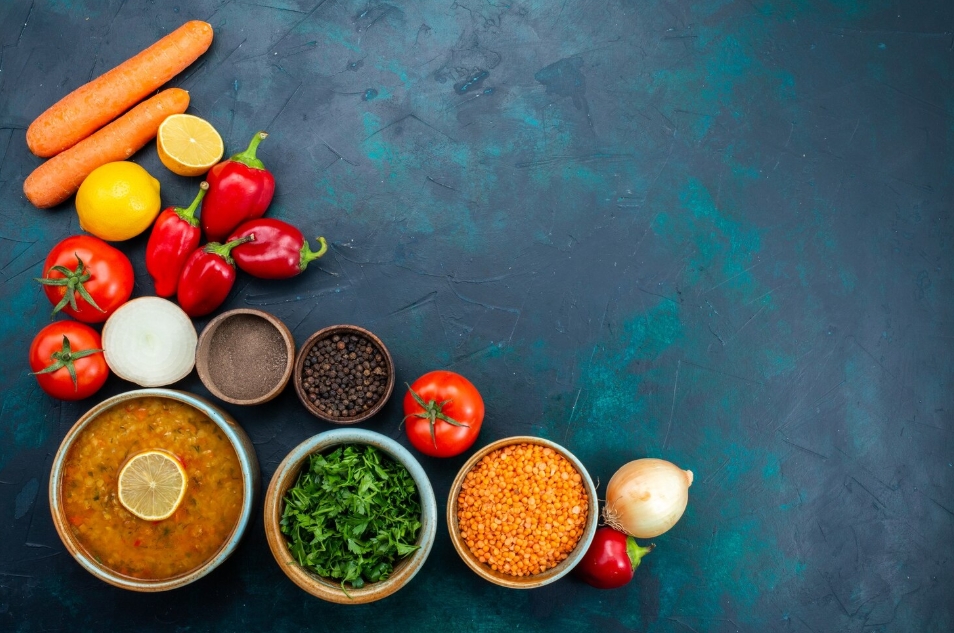\Technology is rapidly changing our lives, and the healthcare industry is no exception. One of the fastest-growing areas is the development of mobile apps aimed at improving the health and well-being of users. Nutrition apps, in particular, are experiencing a real boom, offering a variety of tools and features that help us make more informed dietary choices.
Table of Contents
A Revolution in Understanding Nutrition
The era of nutrition apps marks a revolutionary shift in our understanding of what we eat. Previously, nutritional information was available mainly to specialists or those who specifically sought it out. Now, thanks to convenient mobile apps, everyone has instant access to detailed information on calories, macronutrient and micronutrient content, and potential allergens in most foods. This allows us to make more informed decisions based on scientifically proven data, rather than intuition or marketing slogans.
Personalized Approach to Healthy Eating
One of the key advantages of nutrition apps is the ability to personalize. Users can enter their personal information, such as age, gender, weight, activity level, and personal health goals. Based on this information, the app creates a customized meal plan that takes into account the body’s needs and helps achieve desired results. Some apps even take into account users’ genetic characteristics, suggesting diets that are best suited for their metabolism. This personalized approach significantly increases the effectiveness of nutrition programs and motivates users.
Progress Monitoring and Tracking
Another important aspect of nutrition apps is the ability to monitor and track progress. Users can easily record everything they eat and drink throughout the day, and the app automatically calculates calories, macronutrient ratios, and other important metrics. Additionally, many apps allow you to track physical activity, sleep, and other health factors. Data visualization in the form of graphs and reports helps users visualize their progress and stay motivated to achieve their health goals.
Educational Aspect and Knowledge Expanding
Nutrition apps serve an important educational function, helping users deepen their knowledge about healthy eating. Many feature articles, recipes, helpful tips, and other research-based information. These apps help users understand the connection between nutrition and health, learn about proper food choices and cooking methods, and the importance of a balanced diet and physical activity. This knowledge enables users to become more independent in their nutritional decisions and make informed decisions in the long term.
These applications open the door to a healthy lifestyle by providing valuable nutritional information. They act as personal advisors, teaching users the basics of a balanced diet, choosing healthy foods, and cooking techniques. Through scientific articles, recipes, and tips, apps help them understand the inextricable link between nutrition and overall health.
Nutrition apps contribute to the ongoing advancement of knowledge in the fields of nutrition and dietetics. Users can explore food ingredients, learn about their impact on the body, and track their calorie and macronutrient intake. This allows them to make informed decisions about food choices and create a diet that meets their individual needs and goals.
Impact on Motivation and Healthy Lifestyle Maintenance
Nutrition apps have a significant impact on user motivation and healthy lifestyle maintenance. The ability to track progress, receive positive notifications, and receive support from a community of users creates a sense of engagement and accountability. Many apps offer gamification, turning the process of healthy eating into an engaging game with rewards and achievements. Furthermore, apps offer the opportunity to consult with dietitians and other nutrition specialists, which is especially important for people with special needs or medical conditions.
Market Analysis and Financial Content
With the growing popularity of health apps, the investment market in this area is rapidly developing. Understanding the financial content associated with the development, promotion, and monetization of such apps is becoming increasingly important for investors and entrepreneurs. Market analysis shows that nutrition apps integrated with healthy meal delivery services and fitness trainers demonstrate the greatest growth potential.
Overcoming Challenges and Development Prospects
Despite their many benefits, nutrition apps also face certain challenges. One is ensuring the accuracy and reliability of the information they provide. Not all apps are based on peer-reviewed scientific evidence, and some may contain errors or misleading information. It’s important to choose apps developed by qualified professionals and supported by reliable sources. Another challenge is maintaining user privacy. It’s important to ensure that the app reliably protects personal information, such as dietary history, health data, and financial information. In the future, we can expect further developments in nutrition apps, such as integration with wearable devices, the use of artificial intelligence to analyze data and personalize recommendations, and expanded functionality to support people with special needs.
Conclusion
In conclusion, nutrition apps are a powerful tool for improving the health and well-being of users. They help us better understand what we eat, make informed decisions about our diet, track our progress, and stay motivated on our journey to a healthy lifestyle. The development of these technologies opens new opportunities for disease prevention, improving quality of life, and creating a healthier society!










